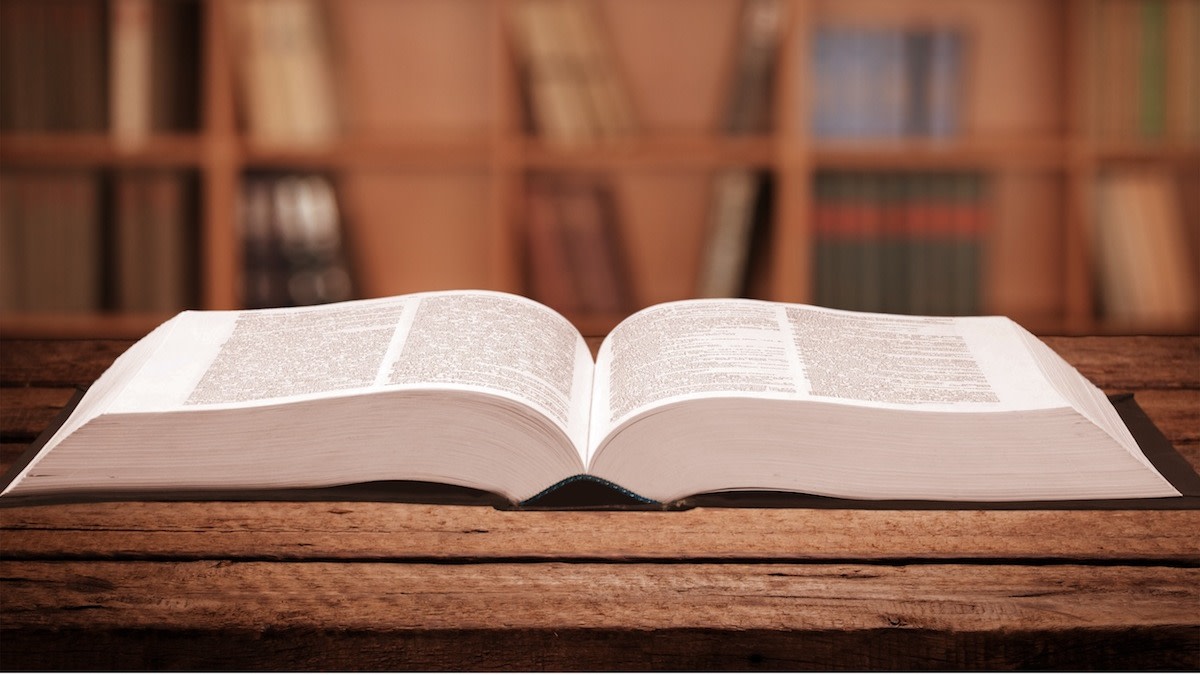What Is Denotation? Definition of Denotation, With Examples From Literature
Written by MasterClass
Last updated: Sep 9, 2021 • 2 min read
Word choice is one of the most powerful ways an author can influence readers. This is why denotation—the literal meaning of a word—is so important in writing.
Learn From the Best
What Is Denotation?
Denotation is the objective meaning of a word. The term comes from the Latin word “denotationem,” meaning “indication.” The denotation of a word is its literal definition—its dictionary definition—and contains no emotion.
This is in contrast to connotation, which is the subjective or associated meaning of a word.
Why Is Denotation Important in Literature?
When an author is trying to convey a specific mood or feeling, it’s imperative that they find the right word or phrase to describe or explain it to the reader.
Writers must be careful with word choice and select words wisely, as it’s their opportunity to be as clear and precise as possible; one small substitution can completely change the tone and meaning of an entire paragraph.
2 Examples of Denotation in Literature
Novelists use denotation when they need to be explicitly clear about what they’re talking about.
- 1. In Moby Dick (1851) Herman Melville refers to Moby Dick both by its denotative name—the “white whale”—and the name given to the animal. “Aside from those more obvious considerations touching Moby Dick...It was the whiteness of the whale that above all things appalled me.”
- 2. Works of philosophy like Aristotle’s The Nicomachean Ethics rely on the denotative meaning of words to better explain philosophical concepts and principles. In this work, Aristotle writes very literally about the contemplation of the human mind, saying that “contemplation is both the highest form of activity.”
4 Facts About Denotation
While denotation is a relatively straightforward concept, there are a number of things about it worth keeping in mind.
- 1. Every word has a denotation. No matter the language or part of speech, every word has a dictionary definition.
- 2. Denotation is objective. Connotative meaning can change, but the denotative meaning does not. You understand the connotation of a word depending on your background. For example, two people may ascribe different connotations to the word “mother” depending on their life experiences. The dictionary definition of a word will always be the same for everybody, no matter what.
- 3. Multiple words can denote the same thing. Sometimes, similar words have the same dictionary definition. For example, the words “trash” and “garbage” denote the same discarded rubbish.
- 4. Denotation isn’t always neutral. Connotation can add a positive or negative spin to a word’s denotation, but the dictionary definition of a word can be positive or negative on its own. For example, the definition of the word “smirk” is a smug and offensive smile, which is inherently negative.
What Is the Difference Between Denotation and Connotation?
Denotation is a contrast to connotation, which is the associated meaning of a word.
- A connotation is a feeling of emotion that a word carries which affects how readers understand its use. For example, the words “liar” and “storyteller” have the same denotations, but “liar” has a negative connotation while “storyteller” has a positive connotation.
- Authors use denotation when they need to clearly convey the explicit meaning of a word. Otherwise, they’re more likely to use connotation.
- Denotation is straightforward, but it can be restricting. If an entire novel uses the denotative meanings of words, it would be dull. Connotation allows for more creativity, details, character development, and worldbuilding.
- Connotation and denotation work hand in hand in literature; when readers understand the denotative meanings of words, they can grasp connotative meanings as well.
Become a better writer with the MasterClass Annual Membership. Gain access to exclusive video lessons taught by literary masters, including Billy Collins, Judy Blume, Margaret Atwood, and more.
